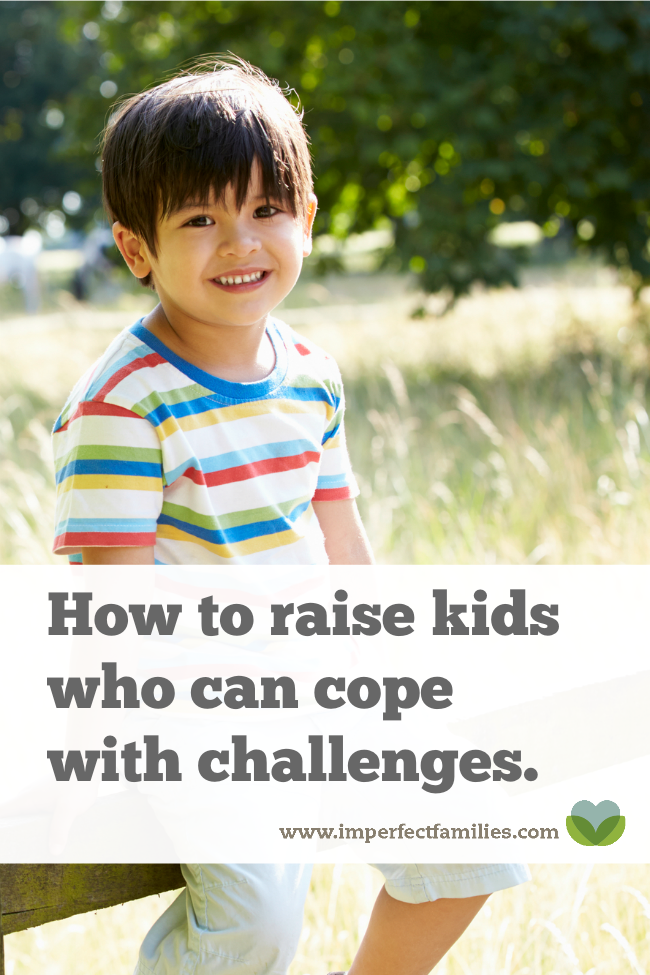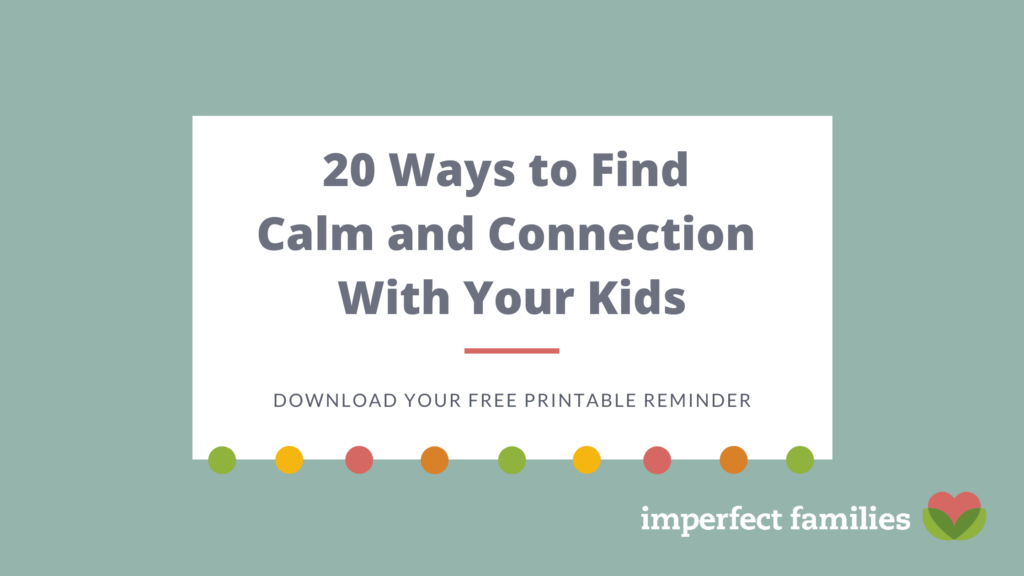
This post contains affiliate links. Using these links, I earn a small commission at no additional cost to you.
Thanks to Janine Halloran for this guest post, check out her bio for links to some fantastic coping resources for kids!
What images spring to mind when you hear the word “childhood”?
When I first think of childhood, I imagine running through sprinklers on a hot summer day, giggles in a pillow fort while reading a silly book, or blowing bubbles in the backyard. These thoughts make me smile.
Then other images start to pop into my mind.
Crying because a favorite stuffie has been lost. Or balled up fists of frustration when a game doesn’t go your way. There are times when challenging events happen in a child’s life. Sometimes these events are small, like having an argument with a friend or losing a toy. But sometimes they can be much bigger events, like parents getting divorced or a loved one getting sick.
The reality is that things aren’t always sunny and perfect in childhood.
As parents, it’s tempting to try and protect our children from these difficult experiences and negative feelings. But that isn’t helpful. The truth is that kids will feel mad. Kids will feel stressed. Kids will get worried. That’s part of life. Life isn’t always going to be perfect and fun all of the time.
We can’t always control what happens, but, as parents, we can help our kids learn how to get through the tough times in their lives.
5 ways we can help our kids cope with challenges.
1. Talk about feelings
The first step is to start talking about feelings and making it a part of everyday conversations. Ask your kids how they feel about different experiences in their life. For example:
- How do you feel when you go to a new place for the first time?
- When you win a game?
- On the last day of school?
During the day, use teachable moments to explore and discuss feelings. When you’re reading a book or watching a movie with your child, ask them to think about how the characters feel.
By talking about feelings, it will help them understand that feelings of anger, sadness, and frustration are completely normal. It also lets them know that they can’t expect to be happy every moment of every day.
2. Use your hands to connect and take a deep breath
I know you’ve probably heard that taking a deep breath helps kids. But kids don’t always know how to do that. There’s a simple way you can teach them to take 5 deep breaths just using their hand.
Position yourself so that you are at the same level with your child. Have them put up one hand, palm facing you and fingers spread. With your finger, start at the base of their thumb and breathe in while you move your hand up one side of their thumb. Move your finger down the other side of their thumb and breathe out. Do the same thing with the remaining four fingers, while both of you take deep breaths in and out. After you’ve reached the pinky finger, you’ll have done 5 complete deep breaths.
This is also a great opportunity for you to connect with your child and get down on their level when they are having a tough time. If your child is open to it, a hug would be a great way to finish up this exercise.
3. Help them figure out healthy ways for them to deal with big feelings
Helping kids identify simple ways they can manage their big feelings is so helpful. By using these skills, kids can feel empowered, that they have some control over their emotions and that they can handle those emotions in a safe and healthy way.
- Imagine your favorite place
- Get a drink of water
- Distract yourself by playing a game
- Do a word search
- Draw
- Do wall push ups
- Write in a journal
- Build something
- Listen to your favorite music
- Take a break in a quiet spot
4. Play
Play is amazing. Not only is it an amazing way for kids to learn, but it’s also a natural stress reliever too. Allowing kids play time doesn’t have to be complicated. In order for kids to play, they only need 2 things – a little time and some open ended toys. You can provide time by having one afternoon a week or time on the weekend where you don’t have any scheduled activities. Provide toys that can be played with in many different ways, like blocks, LEGOs, cars, dolls, markers, glue, yarn, popsicle sticks or felt. They can even find materials to use from your recycling bin. Allow your kids the time and space to be creative and focus on simply playing.
5. Do something kind for others
Sometimes when your child is dealing with difficult feelings, the best thing you can do is find an activity to distract them. It’s a great way to cope, especially when there are things that are out of their control or if you need to get their mind off a tough situation.
Doing something kind for someone can make that person’s day and makes them feel special. It’s a great way to let kids know that their actions can have a positive impact on someone else. It doesn’t have to be complicated or expensive. A few simple ideas are leaving bubbles at a playground, or making a card for a loved one, or writing a thank you note to the school secretary. They’re all small kindnesses that will make someone’s day!
Childhood is often full of giggles and play, but there will be tough times too. Help your child figure out healthy ways to cope with challenges. With your love and support, your child can learn how to not only enjoy the good times but also to weather the storms of life.
Meet Janine!
 Janine Halloran is the founder of Coping Skills for Kids, the author of the Coping Skills for Kids Workbook, and a mom of 2. She has recently launched a course to help parents teach their kids coping skills at home. Visit copingskillsforkids.teachable.com to learn more.
Janine Halloran is the founder of Coping Skills for Kids, the author of the Coping Skills for Kids Workbook, and a mom of 2. She has recently launched a course to help parents teach their kids coping skills at home. Visit copingskillsforkids.teachable.com to learn more.



Comments have been turned off to retain the privacy of all families. If you have a question or comment on the topic, you're always welcome to contact me.